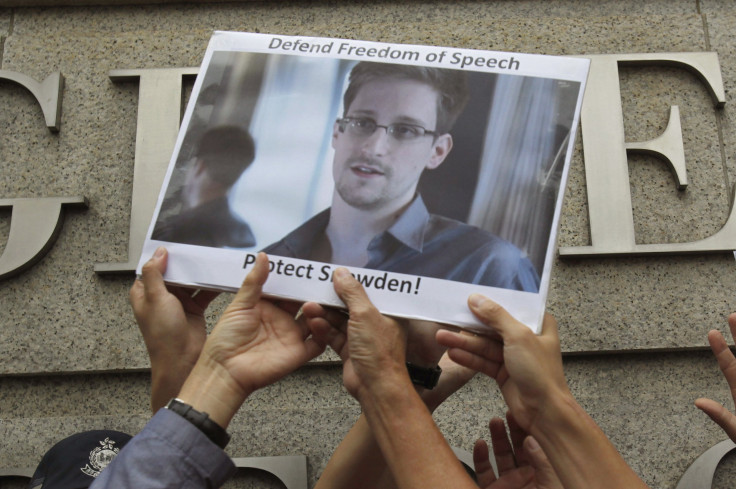New Whistleblower Rule Issued 2 Years After Snowden Disclosures: Protections For Future Whistleblowing May Be Limited

The U.S. government could be making it harder for whistleblowers in national security agencies, just more than two years after Edward Snowden began disclosing a flood of documents exposing U.S. surveillance methods. New regulations, issued last Friday, would reportedly make it harder for whistleblowers to receive protections and would hamper due process and appeals rights.
The final rule from the U.S. Office of Personnel Management (OPM ) and the Office of the Director of National Intelligence (ODNI), issued June 5, was “undertaken to simplify and streamline the system of Federal Government investigative and adjudicative processes to make them more efficient and equitable,” reads the rule’s posting on the federal register. But the rule could perhaps actually remove protections from government employees who hold sensitive positions.
The Project on Government Oversight (POGO), which describes itself as a nonpartisan watchdog group, posted on its website last Friday that agencies, under the new rule, would have “broad authorities” to designate employees as being in a sensitive position. The rule’s posting on the federal register said the regulations intended to “clarify the requirements and procedures agencies should observe,” when making the designations. But POGO expressed concerns that most any employee could receive the designation and that the removal of the “sensitive” label would open up potential whistleblowers to an unchecked response from government agencies.
“There is little oversight and no effective guidance of what makes an employee eligible for a sensitive designation, and no real oversight of the removal of that designation,” the post reads. “Most importantly, a sensitive employee has no due process rights to challenge a decision to remove them from their position by revoking their ‘sensitive designation,’ making whistleblowers who hold these positions particularly vulnerable to retaliation.”
The oversight group posted concerns that the rule could in turn “gut” due process and the appeals rights of employees. POGO wrote that the rule would circumvent the Merit Systems Protection Board -- created in 1978 to hear appeals from employees facing personnel practices allegations -- which means employees could lose their jobs without an appeal.
Moving forward with the new regulations had interesting timing: June 5 two years ago, the Guardian published its first story based on documents leaked by Edward Snowden, a former contractor with the National Security Agency. He is currently seeking asylum in Russia, where he has been living since 2013. The new rule is scheduled to become effective July 6.
© Copyright IBTimes 2024. All rights reserved.






















